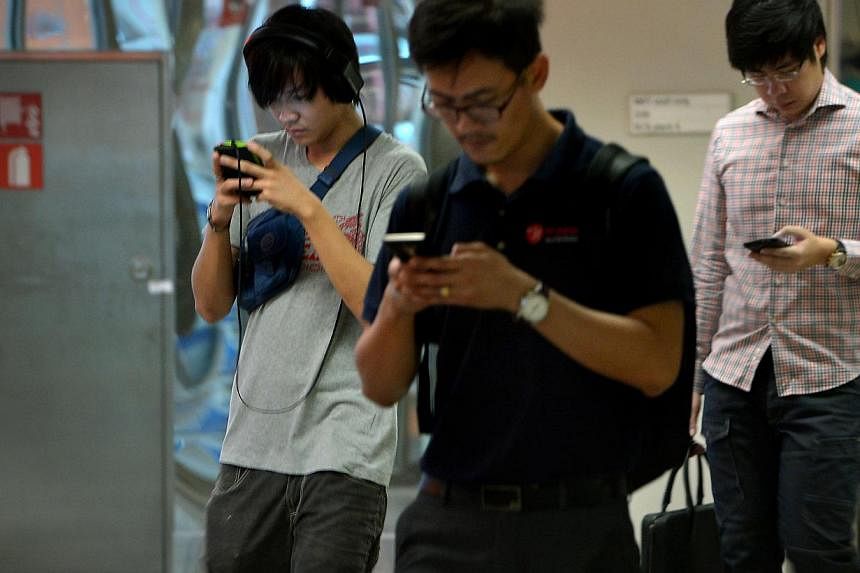THE mobile phone in your hand may soon save your life in a disaster.
The Ministry of Home Affairs (MHA) is planning to tap mobile phone networks to warn the public of danger in an emergency.
While it is not the first time the authorities have sent out SMS alerts - the police have a subscription-based crime notification system - it will be MHA's first "location-based" system.
Under this system, warnings can be sent to active mobile phones in a particular area without users having to pre-register.
The system will allow "time-critical" messages to be broadcast in "any selected geographical area in Singapore", according to MHA tender documents on the new system that The Straits Times obtained.
Examples of crisis situations identified by the ministry as warranting such warnings include terror attacks and riots. The ministry also wants the notifications to be sent out quickly, at "no less than 30 SMSes per second".
Mobile phone users do not need to register in advance for the service and they are identified based on their last-known locations provided by the telephone companies' networks.
But users can opt out.
"The system shall provide the feature to exclude a known list of recipients - such as those who opted not to receive any broadcast messages," said MHA in the tender documents.
The ministry did not spell out when the system will be ready.
It has asked interested software companies to submit their proposals and costs by the end of next month. It is meeting them later this month to discuss the project.
It is unclear if users will be asked to pay for the SMS charges.
Security expert Rohan Gunaratna supports the move.
"The public alert system can be used to warn the public both of an attack in the planning and preparation phases and also after an attack," said the professor of security studies at the S. Rajaratnam School of International Studies at Nanyang Technological University.
He added that the system can also enlist the public's help to be vigilant when required.
"Terrorists are like pickpockets. They exploit gaps and loopholes in security and public complacency," he said.
Mr Hri Kumar Nair, chairman of the Government Parliamentary Committee for Home Affairs and Law, said that privacy issues should be addressed.
"I would expect that most Singaporeans won't opt out, but nonetheless the MHA should address issues about privacy."
"(It should) be clear about where the privacy limits are, so that the public will feel assured that the system will not be abused in any way," he said.


